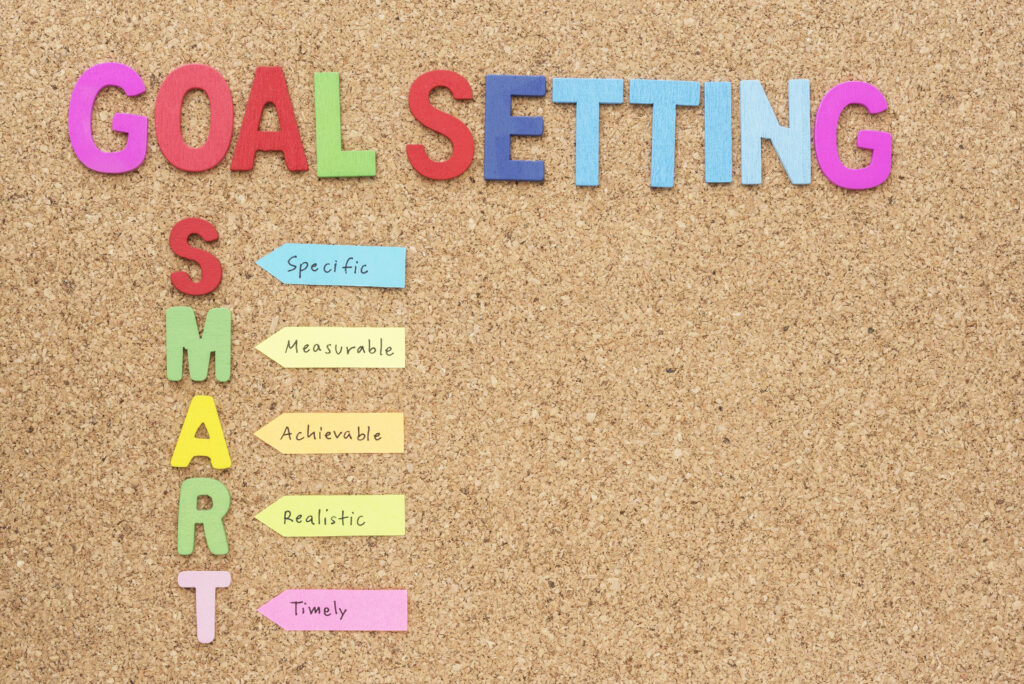Reversing weight gain is a difficult path but it can be done and sustained with appropriate strategies .This guide unpacks several effective ways to lose weight that involves adjusting one’s diet regular exercising and changing behaviors among others .By weaving these strategies into your daily activities one can strive forward healthier and more equitable livelihood. Although losing weight can sometimes be a challenging experience, there are possible ways to make this a reality through conflicting strategies. This manuscript discusses various ways of getting rid of extra fats in your body from changing dietary patterns to following an exercise routine or even adopting the right mindset within oneself and alongside other natural methods
So, yoga becomes an essential aspect when you want a healthier living at all times provided its techniques are applied on regular basis since these teach us about balance among other things.
Table of Contents
Understanding Weight Loss
It is important to comprehend the essentials of weight loss prior to going into any particular strategies. In essence, weight loss happens when the body burns more calories than what it consumes. This idea of calorie deficit is key but diverse aspects such as metabolic rates, hormones, genes and general well-being contribute to this concept. As a result, one tactic cannot suit all people.
Dietary Strategies for Weight Loss
1.Balanced Diet

Macronutrients: Make sure you have the correct balance of carbohydrates, proteins and fats in your diet. For example, proteins play an important role in maintaining muscle mass as you lose weight while good fats and complex carbohydrates supply long-lasting energy.
Portion Control: Be mindful of how much you eat so that you don’t take too much unnecessarily; Eating habits such as using less-spacious plates may be effective for reducing quantities as well as preventing binging.
2.Nutrient-Dense Foods

Whole Foods: Whole on entire unprocessed provisions these like fruit, vegetables, lean protein, whole grain and healthy fat. They have many nutrients and maintain fullness longer.
Fiber-Rich Foods: Integrate foods high in fiber into your diet to maintain regular bowel movements: like beans or peas and nuts, seeds or berries; also whole grains such as cornmeal, rice cakes/wheat pasta or vegetables such as broccoli or Brussels sprouts which increase the size of stools making it easier to pass through intestines. Protein makes food more dense resulting in weight gain because people eat less due to slower digestion rates which make them accumulate a lot in their body before being finally eliminated.
3.Hydration

Water Intake: If you want to avoid consuming more calories than needed and feel full drinking a glass of water before eating will be of great help. It is advisable to take in a minimum of eight glasses every day or an additional amount as advised by experts, especially during exercises.
Limit Sugary Drinks: It is advisable to avoid taking soda, energy drinks, and some fruit juices since they add extra calories to your meal.
4.Mindful Eating

Slow Down: In order to prevent overeating, always pause to chew your food thoroughly then you will feel full.
Avoid Distractions: To eat in front of the TV or with the phone aids in foolish eating and overeating. It is important that you concentrate on your meal if you want to control what you are consuming better.
Exercise Strategies For Weight Loss
1.Cardiovascular Exercise

Types of Cardio: One way to play out in aerobic activities, such as walking, running, swimming, cycling or dancing, will enhance your calorie burning rate as well as make your heart healthier.
Intensity and Duration: You should aim for a minimum of 150 minutes per week of moderate-intensity aerobic exercise or 75 minutes a week toward high-intensity cardio workout and increasing as you get fitter.
2. Strength Training

Building Muscle:Integrate strength training exercises into your workout program, at least 2-3 times per week. The resting metabolic rate is boosted by increased mass, the more calories you burn while at rest.
Types of Exercises: Compound movements such as squats, deadlifts, bench presses, and rows should be your main focus as they engage multiple muscles at the same time.
3.High-Intensity Interval Training (HIIT)

Short and Effective: HIIT encompasses short bursts of high intensity exercise interspersed with short rest periods. It is an effective way to burn fat that does not take up time.
Variety: One could accomplish high-intensity interval training (HIIT) via a mixture of workouts such as jogging, cycling or even body weight exercises like burpees and jumping jacks.
4.Consistency and Progression

Regular Schedule:To achieve results, it is necessary to be consistent. There is a need of making a schedule that meets your life and follow it.
Progressive Overload: Keep adding more in your workouts, like more hardness more time or more weight all the time for more challenge to your body without experiencing any plateaus in you being fit.
Behavioral and Lifestyle Strategies
1.Goal Setting

SMART Goals: Create goals that are Specific, Measurable, Achievable, Relevant, and Time-bound (SMART) to direct and motivate the team.
Short-Term and Long-Term: In order to keep their motivation alive and follow the progress, people should divide their long-term weight loss goals into smaller goals that are easier to handle.
2.Stress Management

Identify Stressors: Identify and resolve the triggers of stress in your life. Emotional eating and weight gain may result from long-term stress.
Relaxation Techniques: To reduce stress levels, you can practice various relaxation methods like meditation, deep breathing, yoga or spend time in the woods.
3.Sleep Hygiene
Adequate Sleep: You can maintain a good quality night sleep by aiming for at least 7-9 hours of sleep every night. Gaining weight can be as a result of hormonal hunger and appetite regulation being affected by lack of enough rest.
Sleep Routine: Improve your sleep by creating a regular sleep schedule and developing a relaxing bedtime routine.
4.Social Support

Accountability Partners: A presentation of your aims of losing weight to friends, family or through joining a support group will do you a lot good. When you have somebody keeping tabs on you, it increases motivation and minimizes drop off rates.
Professional Guidance: To get personalized advice and support, you might want to work with a registered dietician, personal trainer or weight loss coach.
Additional Tips for Effective Weight Loss
1.Track Your Progress

Food Journals: In order to watch what you eat and spot places where you can improve, maintain a record of your food intake. Apps for checking on your diet and workout are many these days.
Regular Weigh-Ins: It is a good idea to weight their bodies regularly, without going overboard. To track yourself athletes should check their weight every week rather than observe fluctuations on daily basis.
2.Stay Motivated

Non-Scale Victories: Such accomplishments are additional motivating factors that go above and beyond one’s weight. For example, one could look at improved energy levels, sleep quality, or mood boosts as signs of success, among others.
Reward System: Introduce a system of rewards for achieving set targets. These can include any of the following, clothing for doing exercises not with food, pampering yourself with a professional touch or getting busy with something enjoyable.
3.Educate Yourself

Stay Informed: You need to keep learning more about what you eat every day, fitness or living conditions. The more you know, the stronger you are in decisions you make, and the easier you can adapt your plan as per circumstance.
Beware of Fads: Avoid trendy diets and instant solutions. Weight loss that is sustainable is a slow process requiring changing lifestyle not temporary measures.
Conclusion
To successfully lose weight, one must eat well, be active, change behavior, and make life changes. Understand that you will face challenges and it may take time before you achieve success with losing weight. You can attain your desired weight and improve your overall health by adhering to the recommendations provided here; also if you really need to succeed then committing yourself completely to this cause is extremely important. All in all, remember it usually takes a period of about 2 to 3 years
FAQ
What are the most effective weight loss strategies?
Effective weight loss strategies typically include a combination of a balanced diet, regular physical activity, and behavior changes. Key strategies include:
Balanced Diet: Focus on whole foods, such as fruits, vegetables, lean proteins, and whole grains. Limit processed foods, sugary drinks, and high-fat items.
Regular Exercise: Aim for at least 150 minutes of moderate aerobic activity or 75 minutes of vigorous activity per week, along with strength training exercises.
Behavioral Changes: Set realistic goals, monitor your progress, manage stress, and get adequate sleep.



